Publications
Articles, publications, books, tools and multimedia features from the U.S. Institute of Peace provide the latest news, analysis, research findings, practitioner guides and reports, all related to the conflict zones and issues that are at the center of the Institute’s work to prevent and reduce violent conflict.
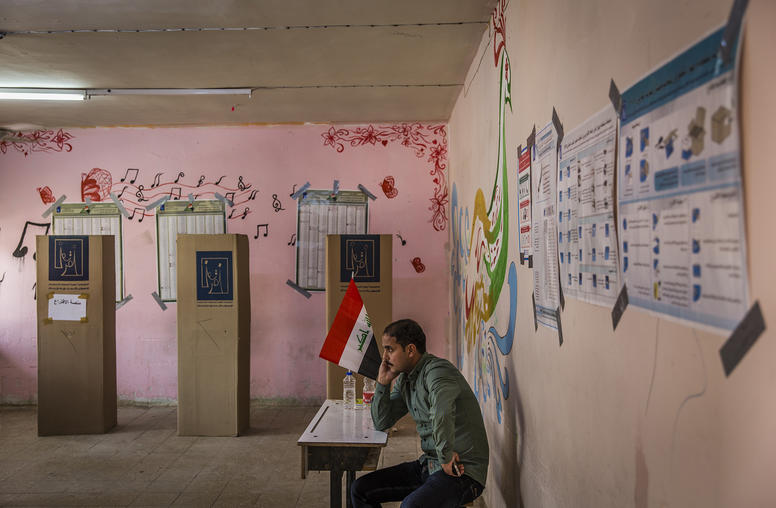
Can Iraq’s Parliamentary Elections Bring Change?
On October 10, Iraq will hold national parliamentary elections, the fifth national elections since Iraq adopted its 2005 constitution. And despite waning expectations about what these elections might accomplish, they remain an important avenue for pursuing change through peaceful means.

Sarhang Hamasaeed on Iraq’s Elections
“All the energy of the country is focused on October 10” as Iraq prepares for crucial parliamentary elections, says USIP’s Sarhang Hamasaeed. “We’ll see if it will produce a government and a parliament that [is] closer to what the people expect … and restore some of the faith of the voters in the process.”

Dan Markey on the Quad Leaders’ Summit
USIP’s Dan Markey says the growth of the Quad — a partnership between the United States, Australia, India and Japan — can be seen as a counter to China, but “instead of being principally a military organization, the Quad … will focus on more positive ventures” such as vaccine diplomacy, climate change and technology.
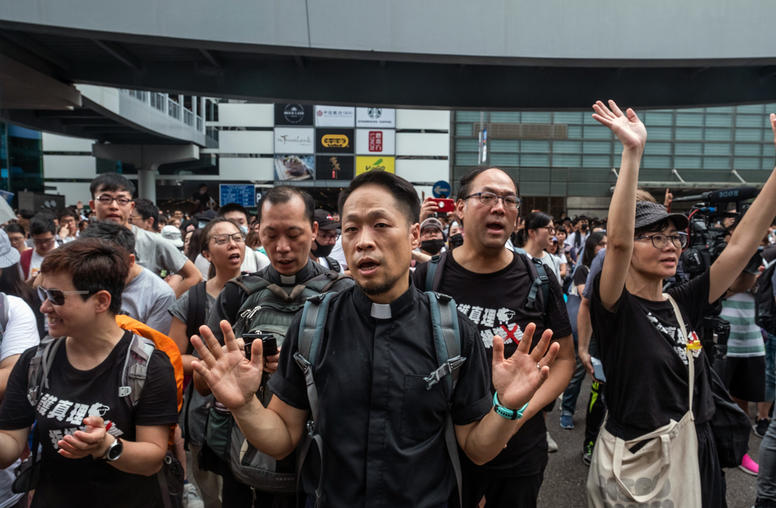
New Evidence: How Religion Aids Peaceful Change
The pullback in 2021 of international military operations in Afghanistan, Iraq and Africa’s Sahel region not only shows the limits of such foreign interventions. It forces policymakers to more urgently examine other ways to support the sustainable social changes that can stabilize violence-stricken nations. New USIP research sharpens an insight about one powerful method to achieve such changes—nonviolent, citizens’ movements that improve governance and justice. Effectively, the research shows, religion helps more often than we may think. Of more than 180 nonviolent campaigns for major political change since World War II, a majority have involved religion in some way.
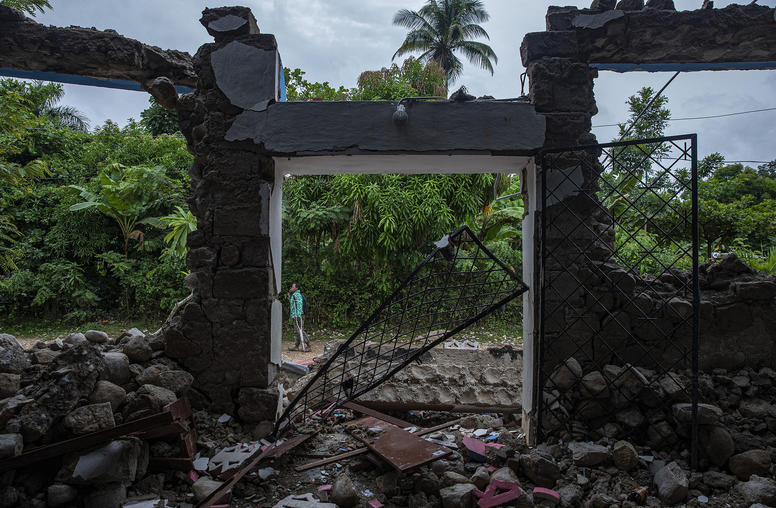
A Plan for Haiti’s Growing Fragility: U.N. Action That’s Equal to the Challenge
When throngs of Haitian migrants rushed the U.S. border recently, it was only the latest manifestation of a society battered by trauma. In just the previous two months, Haiti had seen the murky assassination of its president, devastating floods and an earthquake that killed thousands and wiped out nearly 140,000 homes. As fragile states go, Haiti is in a league all its own. To avoid a repetition of the scene at the border — or one that’s worse throughout the hemisphere — it is time to consider a long-term, robust U.N. mission that matches the scale of the challenge with the size and persistence of the international response.
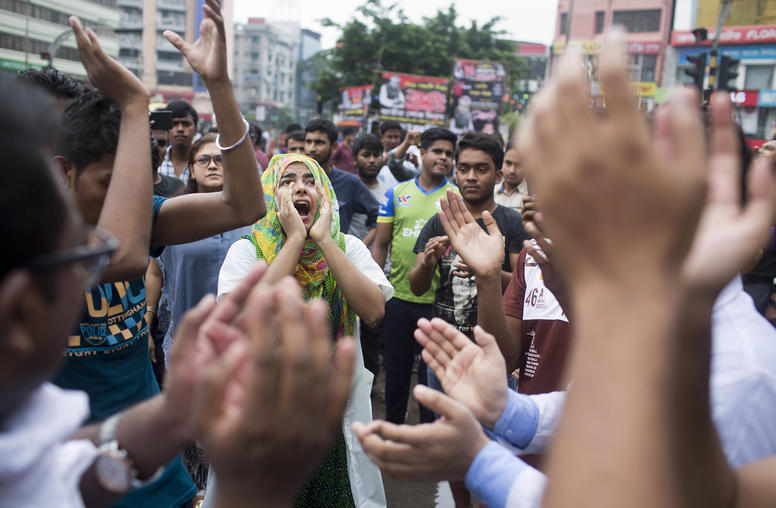
Precarity and Power: Reflections on Women and Youth in Nonviolent Action
Examples abound of women and youth on the front lines of recent nonviolent action campaigns—from Alaa Salah leading demonstrators in Sudan in 2019 to the thousands of young people marching against the coup in Myanmar in early 2021. Yet significant social, cultural, and economic barriers can prevent both women and youth from participating in nonviolent action. This report, based in part on firsthand reports from activists in seven diverse countries, sheds light on these barriers and makes concrete recommendations for maximizing the impact of women and youth in nonviolent action.
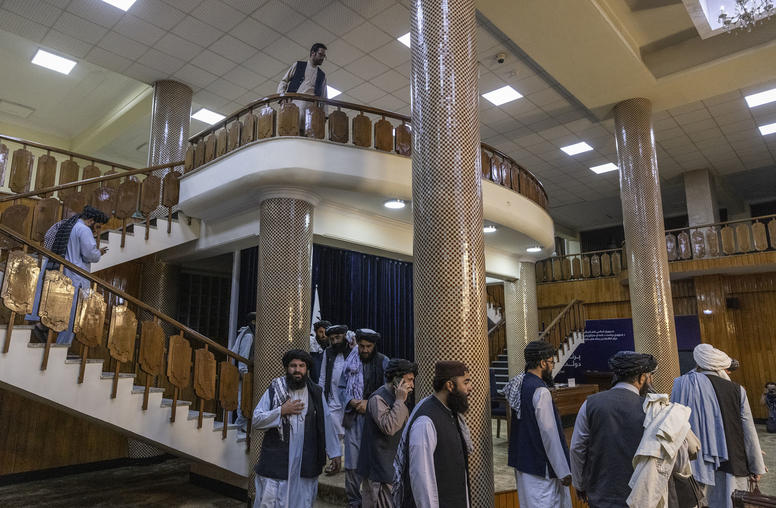
Taliban Seek Recognition, But Offer Few Concessions to International Concerns
Since taking power in August, the Taliban have repeatedly expressed the expectation that the international community will recognize their authority as the new government of Afghanistan and have taken several procedural steps to pursue recognition. But the group has done very little to demonstrate a willingness to meet the conditions put forward by Western powers and some regional states. USIP’s Andrew Watkins, Richard Olson, Asfandyar Mir and Kate Bateman assess the latest Taliban efforts to win international recognition, the position of Pakistan and other key regional players and options for U.S. policy to shape Taliban behavior and the engagement decisions of other international partners.
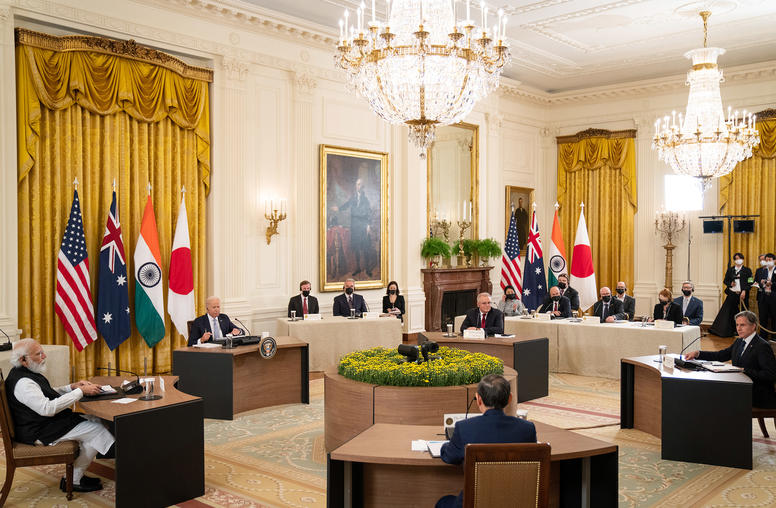
What the Quad Leaders’ Summit Means for the Indo-Pacific Amid Rising Tensions with China
On September 24, President Biden hosted Australian Prime Minister Scott Morrison, Indian Prime Minister Narendra Modi and Japanese Prime Minister Yoshihide Suga at the White House for the first-ever in-person Quad Leaders’ Summit. The event marked a milestone for the group, which started as an ad hoc coordination mechanism for humanitarian assistance and disaster relief after the 2004 Indian Ocean tsunami. The four leaders unveiled a slate of new initiatives on a range of pressing global issues — from climate change and COVID-19 to technology, infrastructure and education — as well as formalized plans to meet annually.
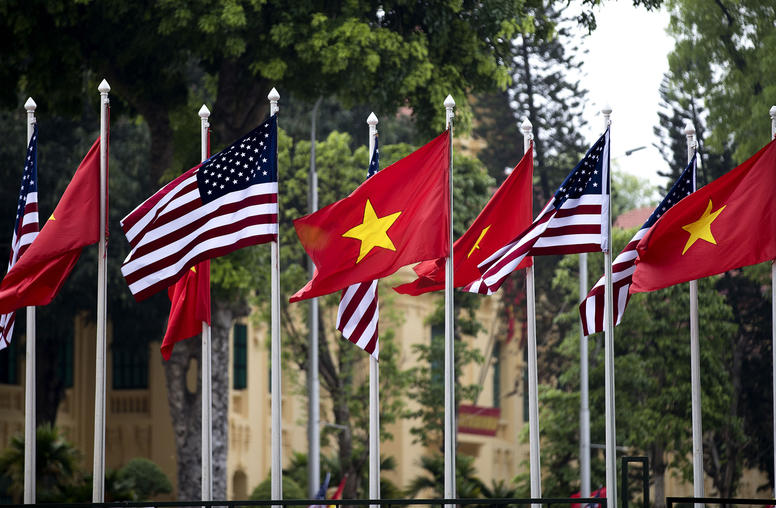
Are There Lessons from Vietnam for U.S. Reconciliation with the Taliban?
The Taliban’s rapid victory in Afghanistan evoked many comparisons to the collapse of the South Vietnamese regime and U.S. evacuation from Saigon in 1975. Ironically, during the same week in late August that the last U.S. forces were withdrawing from Kabul, U.S. Vice President Kamala Harris carried out a remarkably successful visit to Hanoi. U.S.-Vietnam relations have arguably never been better — a stark contrast to the scent of failure in Afghanistan.
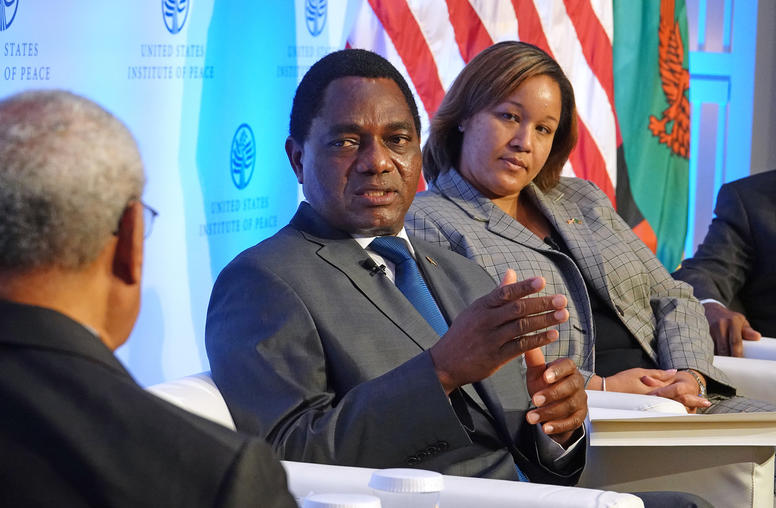
Zambia’s New Leadership and the Stakes for Africa
Weeks after his election to lead his southern African nation, Zambian President Hakainde Hichilema vowed to reverse his country’s recent erosion of democracy and good governance, and to stabilize an economy in recession—all despite the burdens of COVID, environmental shocks, and a dangerous “mountain” of debt accumulated in recent years.